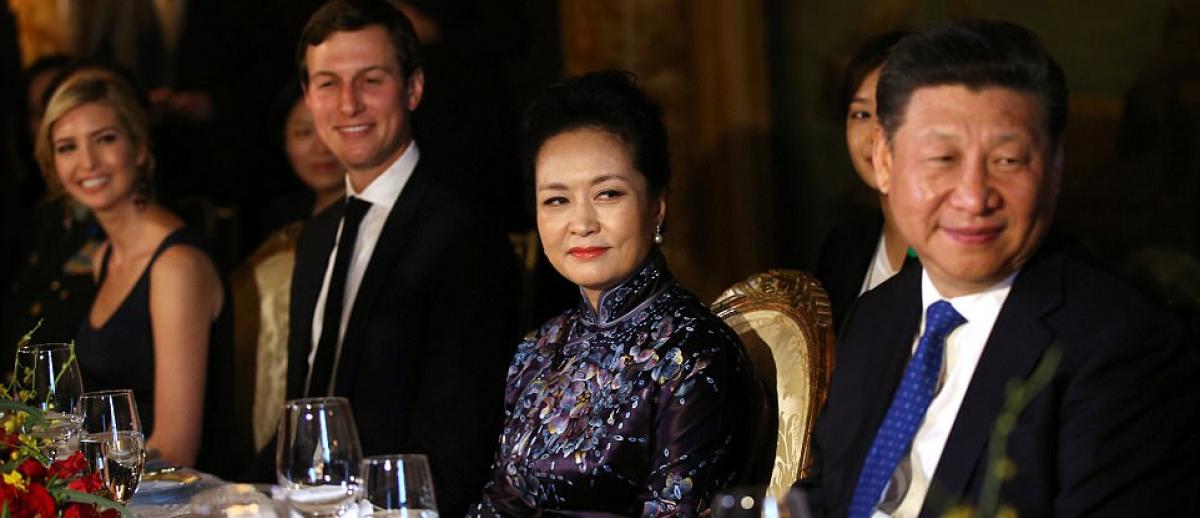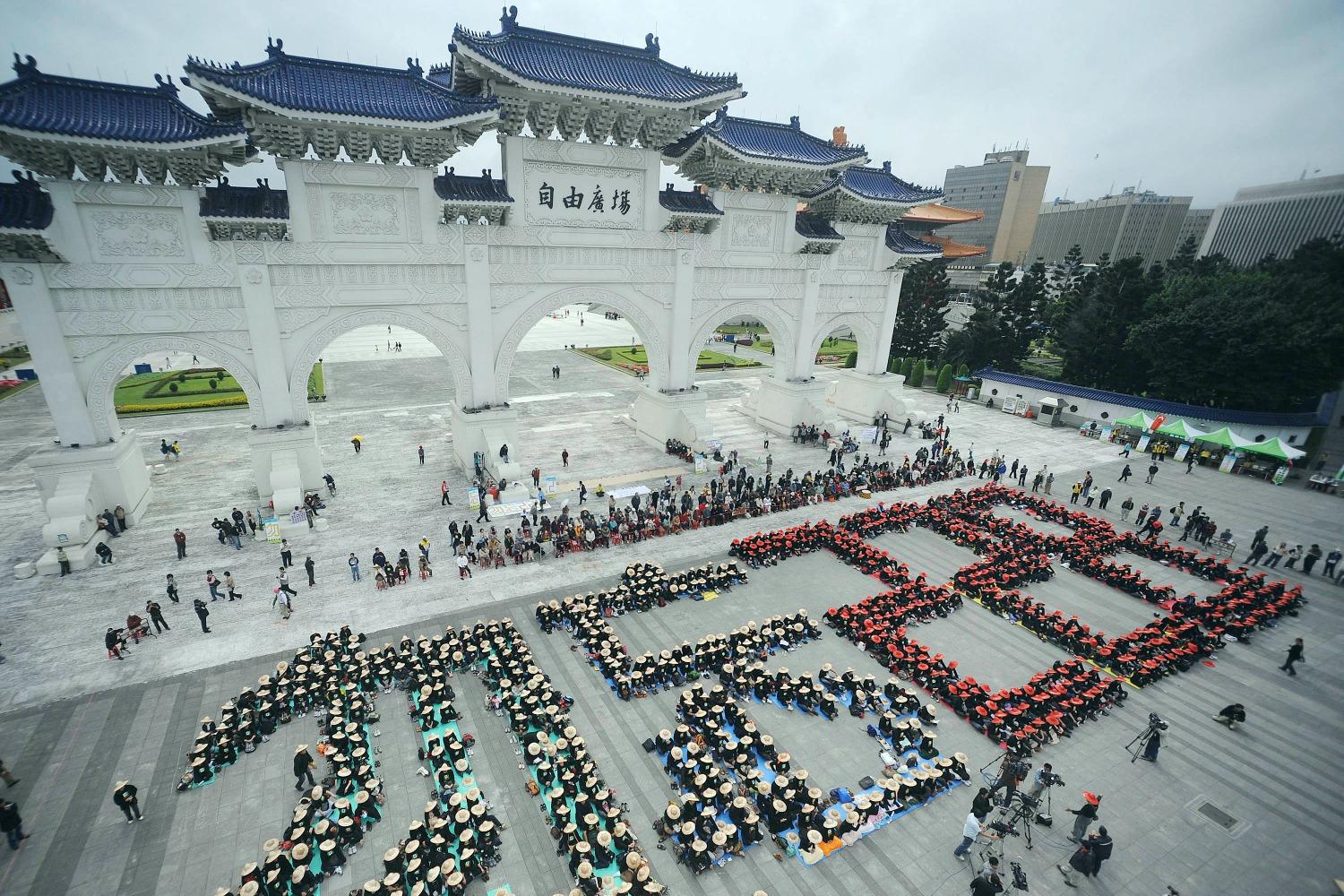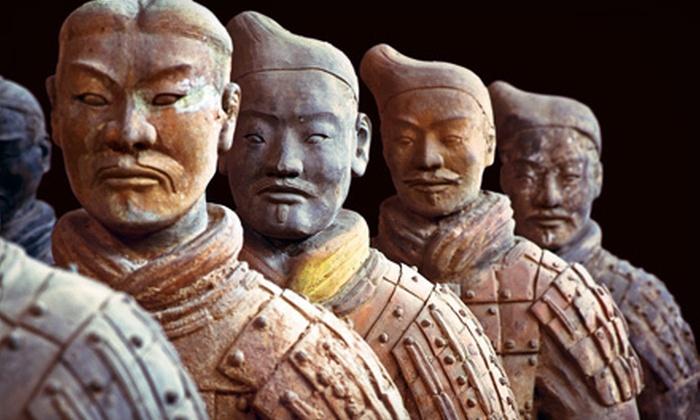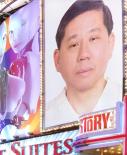Why Should We Care About Chineseness?
archive


Why Should We Care About Chineseness?
In an opinion piece in The New York Times on May 10, 2017, Jill Abramson wrote that “the Chinese know that one of the best ways to curry favor with any ruler is to shower riches on his family members. There are so many millionaires among the children of its leaders that they have a moniker: the Princelings.”1 China watchers (sinologists) have made such phenomena staple features of news reporting and social scientific writing on the PRC for decades, so it’s perhaps not surprising that the concept of guanxi is considered so difficult to render in English that it is often left untranslated, further underscoring its inherent Chineseness.2 Moreover, the scholarly literature on guanxi shows few signs of diminishing. A conference organized by Thomas B. Gold at U.C. Berkeley in March 2015 on “The Field of Guanxi Studies” saw presentations and commentaries by two dozen international experts in this ongoing cottage industry. If anything, guanxi indexes the rot within a rotten society and system.
However, Abramson’s piece was not about China; it was about the Princeling in the West Wing, Jared Kushner. It appeared a day after the “unseemly spectacle” of his sister, Nicole Meyer, hawking golden visas to Chinese investors as a prize for $500,000 investments in the family’s real estate projects in Jersey City, which happened just after President Trump signed a renewal of the EB visa program. Never mind the conflict of interests in the Emoluments Clause of the US Constitution: the First Family has set up shop directly in the White House where pay for play is the norm at the top.
If this took place in the PRC, many readers of the Times would be crying for regime change. So why is everyone in the United States so complacent? I suppose one can blame unseemly Party politics in Congress or, more generously, respect for the rule of law and the proliferating number of investigations. Yet after criticizing lesser countries for their lack of democratic process, it’s ironic that American voters elected a brute con artist who insulted everyone in his path and flaunted his moral indecency.
In defense of himself, Trump has blamed fake news, by others, of course. The blurred lines between reality TV and reality has become the new news. These fictions, inventions, and exaggerations are actually a basic aspect of institutional normalcy. The political sociologist Philip Abrams once remarked that the state is not the reality that stands behind the mask of political practice but rather the mask that prevents us from seeing political practice as it is. As he put it, the state is “a third-order project, an ideological project. It is first and foremost an exercise in legitimation—what is being legitimated is, we may assume, an unacceptable domination.”3
This essay is derived from a recent book on “Chineseness,” but it should have ramifications for Americanness.4 We tend to view culture as neutral, identity even more so; the fact that we are obliged to have a national identity and that even the definition of a nation is sanctioned at the highest levels of international relations says much about its necessity in the modern era. But as Erik Erikson—who made “identity crisis” a keyword for our time—has astutely noted, identity is literally about “sameness” (idem), shared values, or relatedness to group. The fact that the Chinese rendition of identity is rentong (assimilation) says much about identification to a group and its values, never mind identity as status. If one also takes into account the content of culture that is inculcated as a product of socialization, then its literal meaning is less important than the fact that people are blind to (take for granted) the subjective values that they are tied to.
The political sociologist Philip Abrams once remarked that the state is not the reality that stands behind the mask of political practice but rather the mask that prevents us from seeing political practice as it is.
My work sought to explicate why Chinese everywhere have different notions of Chineseness that directly shape societal order and interpersonal experience. These differences at a literal level are still the object of ongoing debate, but the point is that they have been produced by entanglements with modernity, coloniality, and nationalism at an underlying level. At the same time, the (discursive) fictions of identity that people construct for themselves as part of their own experience were no less unreal than those we as outsiders have imposed on them through media representations and scholarly “theories.” How do we know that East Asian regionalisms, neo-Confucian lineages, or clashes of civilization are any more pertinent as frameworks for explaining the above? We therefore need to deconstruct Orientalisms on both ends as a point of departure for unraveling the politicizing processes central to identification in general. I submit that “the native’s point of view” is inherently flawed.
I have labeled the Republic of China (ROC) in Taiwan as a “politics of the unreal,” but Hong Kong, the PRC, and other societies can be viewed similarly, if viewed literally from “the inside.” The evolution of official discourse in postwar Taiwan to this day tends to give the impression that Taiwan has successfully transitioned from its prior claim to the legacy of traditional China and has become a more multicultural Taiwanese nation, which warrants its inevitable separation from the mainland. Interestingly, much of this recent history had been rewritten to reject the Cold War legacy of a prior Nationalist regime and instead emphasize the island’s autonomous development since imperial times through its successive waves of colonization by Han settlers, European traders, and Japanese empire long before its return to China.

Protesters form words "Don't forget 228" at Chiang Kai-shek memorial, Taipei, Feb. 28, 2009. (photo: AP)
According to this perspective, the advent of Taiwanese consciousness is a justifiable ethos of self-determination rallied toward the aim of national independence. The reality is on the other hand more complex, even as people at the same time cling to the reality of the Republic of China (ironically, the PRC’s rejection of Taiwan’s independence efforts is mostly based on its official recognition of the ROC, albeit as a rebel regime). The uneasy, contradictory co-existence of a real Taiwan within an unreal ROC is exacerbated even more by the extent to which all politics is concretely ethnicized, then rooted sacredly to the mythic unity of 2000 years of Chinese civilization. In the heat of the 1996 missile crisis when the PRC was threatening Taiwan’s move toward independence with a show of force, I argued sarcastically that, for most Chinese on both sides of the Taiwan Straits, 500 years is not a long time to wait for reunification. One myth familiar to many Chinese is that, after the fall of the Qing dynasty, someone discovered in the attic of a pagoda a placard saying “Restore the Ming (dynasty)!,” as if to suggest that it was worth waiting 268 years for this. So when Chinese on both sides contest reunification/independence in terms of such myths, how unreal can politics really get?
I have labeled the Republic of China (ROC) in Taiwan as a “politics of the unreal,” but Hong Kong, the PRC, and other societies can be viewed similarly, if viewed literally from “the inside.”
Hong Kong identity is a similar fiction that was invented less than 40 years ago. Prior to then, Hong Kongers identified simply as Chinese; its culture was a satellite of Guangdong. Despite its colonial status, the government did not cultivate any connection among the people to Britain, and borders with China were open. The free trade port that eventually galvanized Hong Kong’s image to the world in later years was actually the result of the colonial regime’s effort to defuse Cold War strife that made the colony a battleground for competing nationalisms. Its cosmopolitan hybrid mass media culture industry that famously created a utilitarian ethos, where lifestyles were commoditized to project the illusion of “apolitical man,” was a direct consequence of this policy of depoliticization. But in reality, it created new identities divided by class. Eugene Cooper phrased it best, in arguing that free market development in Hong Kong was “a veritable proving ground for Marxist theory, where enterprising students of Marxist political economy can literally watch chapters of Capital unfold before their eyes.”5 Social scientific “theories” that extolled Hong Kong’s “administrative absorption of politics” and ethos of “utilitarian familism” were thus post-hoc rationalizations that eventually became taken for granted and mistaken for native “tradition.”

The current metamorphosis of the PRC has also seen the emergence of “discourses” too often dismissed as pure propaganda, namely “one country, two systems” and “socialism with Chinese characteristics.” However, it has indeed undergone serious transformations that transcend the superficial breakup of Maoist socialism and the open embrace of free market capitalism. Buttressing these developments has been the subtle emergence of a cultural nationalism that has become synonymous with an “unbroken” history of civilization and its collusion with the new politics of state. The fact that Hong Kong’s “handover” in 1997 is routinely phrased in Chinese as “return to the motherland” should not be viewed trivially. Similarly, despite the ongoing friction that divides independent minded Taiwan from the PRC, few would disagree that Taiwan had at least two opportunities to claim independence: in 1949, after its retreat from the mainland, and in 1971, after its ouster from the United Nations (one can add the PRC’s isolationalist Cultural Revolution era), which cast now distant Cold War mindsets on both sides. I would argue that Taiwan could more easily realize its aim of independence by rewriting history starting from its expulsion from the UN, then flaunt its uprootedness, its eccentricity, a tabula rasa history, i.e. anything but its inherent Taiwaneseness, which ties it inescapably to 2000 years of Chinese civilization.
Chinese everywhere are clouded by their own fog of identity, which is in fact a product of its rootedness to specific historical experiences that have been taken for granted as norm. I think, by way of comparison, this might say much about Americanness as well. The shock of Donald J. Trump’s election victory should have been a point of critical introspection. The revenge of a worldview rooted in an era of primordiality sauvage (“nativism”)6 has shaken the progressive vision of America and now threatens to reshape reality to new heights of unreality. What would it take for Americans to critically reflect on their own cultural ethos?
Editor's note: This essay is derived from the author’s latest book, Forget Chineseness: On the Geopolitics of Cultural Identification. Albany: SUNY Press, 2017.
1 Jill Abramson, “The Princeling in the West Wing.” The New York Times, May 10, 2017.
2 Guanxi literally means 'relationship', same as in English. Its untranslated glossing has
peculiarities of behavior that observers have found alien, thus worthy of gazing.
3 Philip Abrams (1988), “Notes on the Difficulty of Studying the State”, Journal of Historical
4 Allen Chun (2017), Forget Chineseness: On the Geopolitics of Cultural Identification.
5 Eugene Cooper (1982), “Karl Marx’s Other Island: The Evolution of Peripheral Capitalism
6 Needless to say, Trump's 'America First' does not refer to its First Peoples but rather



